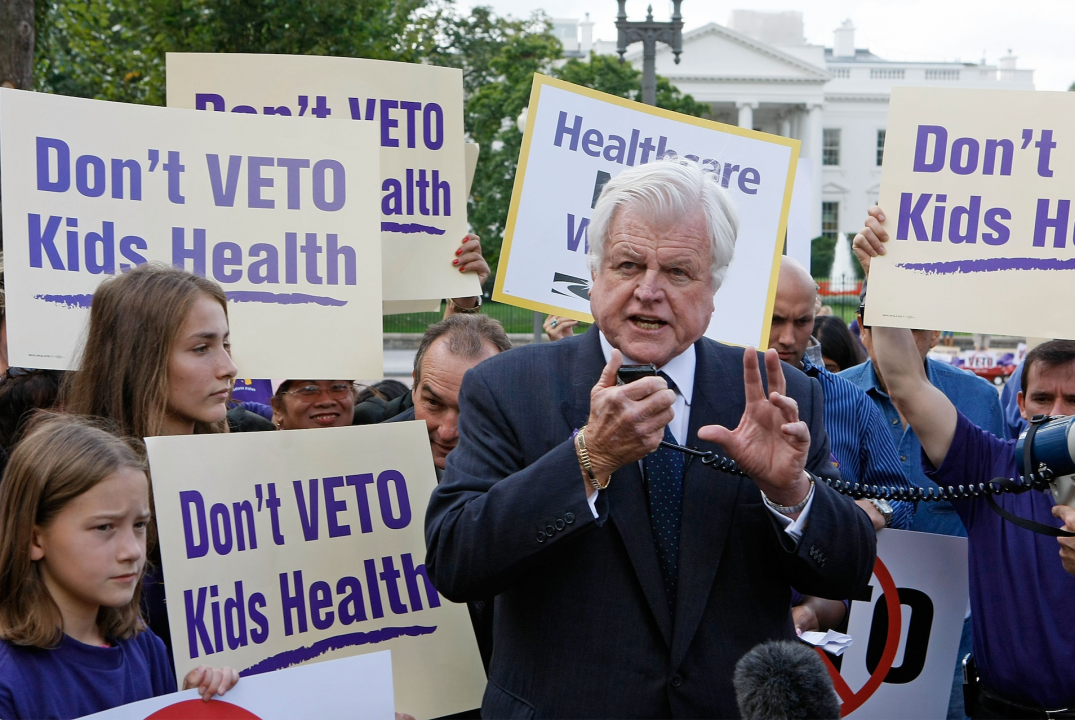

America is more politically polarized than it has been in decades, with polls showing voters who identify as Republican and Democrat diverging sharply on political values, how political problems should be solved, and what they believe the nation's biggest priorities should be. Voters from both parties are finding it harder to come to an agreement about some of the most contentious issues facing the U.S. today, from immigration to gun control.
The same inability to compromise is reflected on Capitol Hill; members have become more ideologically divided, with painful consequences. 2019 began with a 35-day government shutdown stemming from the Republican president and Democratic House of Representatives failing to compromise.
This political gridlock is often the result of divided government, when the two chambers of Congress (or the presidency and Congress) are controlled by different political parties. In times like these, Congress tends to pass less-significant legislation because it's difficult for either party to achieve their goals without giving up something else.
This doesn't mean it's impossible, however. Divided government may hold back sweeping reforms, but it forces the parties to come together and make more moderate changes that can make everyone happy. Some of America's most significant pieces of legislation have been the result of lawmakers reaching across the aisle and working alongside someone with whom they normally disagree. To determine the most important of these moments, Stacker referred to the list of the most significant bipartisan compromises in U.S. history, compiled by the Bipartisan Policy Center, a nonprofit public policy organization.
This list includes bills, speeches from Congress, presidential Cabinet appointments, and even the "bundle of compromises" in the Constitution. Some are practical fixes to economic issues that everyone can agree on while others mark sweeping changes to pressing civil rights issues. Read on to see what even the most divided Congress can do when members work together.